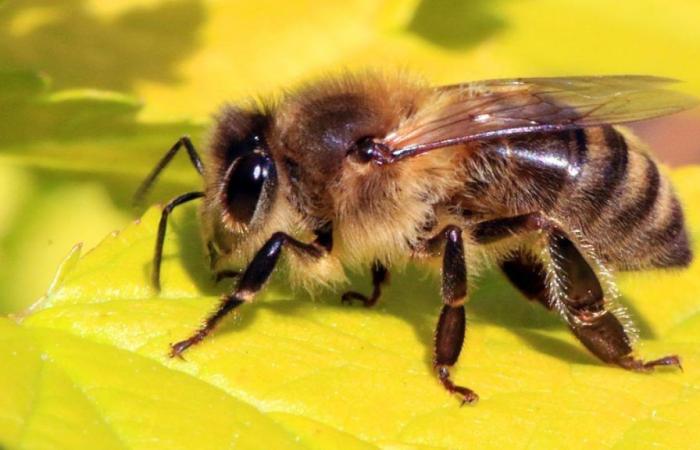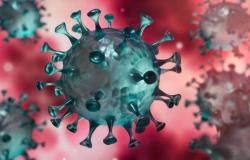Honey bees, often recognized for their indispensable role in pollination, could soon take on an unexpected role in the medical field. Laboratory experiments show that bees can identify lung cancer using their acute olfactory sense, as researchers report in the journal Biosensors and Bioelectronics.
The olfactory capabilities of honey bees
Disease-sensing animals are nothing new in the medical field. Dogs, for example, can be specially trained to sense blood sugar changes in diabetics and even smell cancer in saliva samples. Ants can also be trained to detect cancer in urine.
For this new study, the researchers explored the detection capabilities of bees, which could represent a cheaper and easier-to-maintain alternative to cancer-detection dogs. To test this ability, the researchers set up a series of laboratory experiments.
The researchers immobilized the bees with wax and 3D-printed plastic harnesses, then attached electrodes to the part of their brain responsible for processing odors. The bees’ antennae were then exposed to different aerosolized mixtures: one mimicking compounds found in the breath of lung cancer patients, and another representing the breath of healthy people.
Promising results
The results were impressive: the electrical signals produced by the bees’ brains in response to odors allowed researchers to distinguish the two types of artificial breath in at least 93% of cases.
The bees could differentiate between the two types of synthetic breath even at very low concentrations, says Debajit Saha, study co-author and biomedical engineer at Michigan State University. “Bees can discern minute changes in chemical concentrations in the breath mixture, on the order of a few parts per billion.”he adds.
In an additional experiment, the researchers tested the bees’ ability to distinguish between small cell lung cancer, a rarer but rapidly spreading form of the disease. The bees also successfully passed this test.
Perspectives futures
In the future, the team hopes to conduct similar experiments using the real breath of cancer patients. These preliminary results could lead to the use of bees as a diagnostic tool, which would be particularly beneficial for the early detection of lung cancer, the leading cause of cancer-related deaths worldwide, responsible for an estimated 1.8 million deaths in 2022. Early diagnosis can significantly improve patients’ chances of survival.
Although technological advances make it possible to develop electronic devices to detect chemical differences, the research team says the biology remains unmatched. “Biology has this ability to differentiate between very similar mixtures, which no technical sensor can do”, explains Saha. Furthermore, bees are disappearing from the oldest apiary in the world in Morocco.






